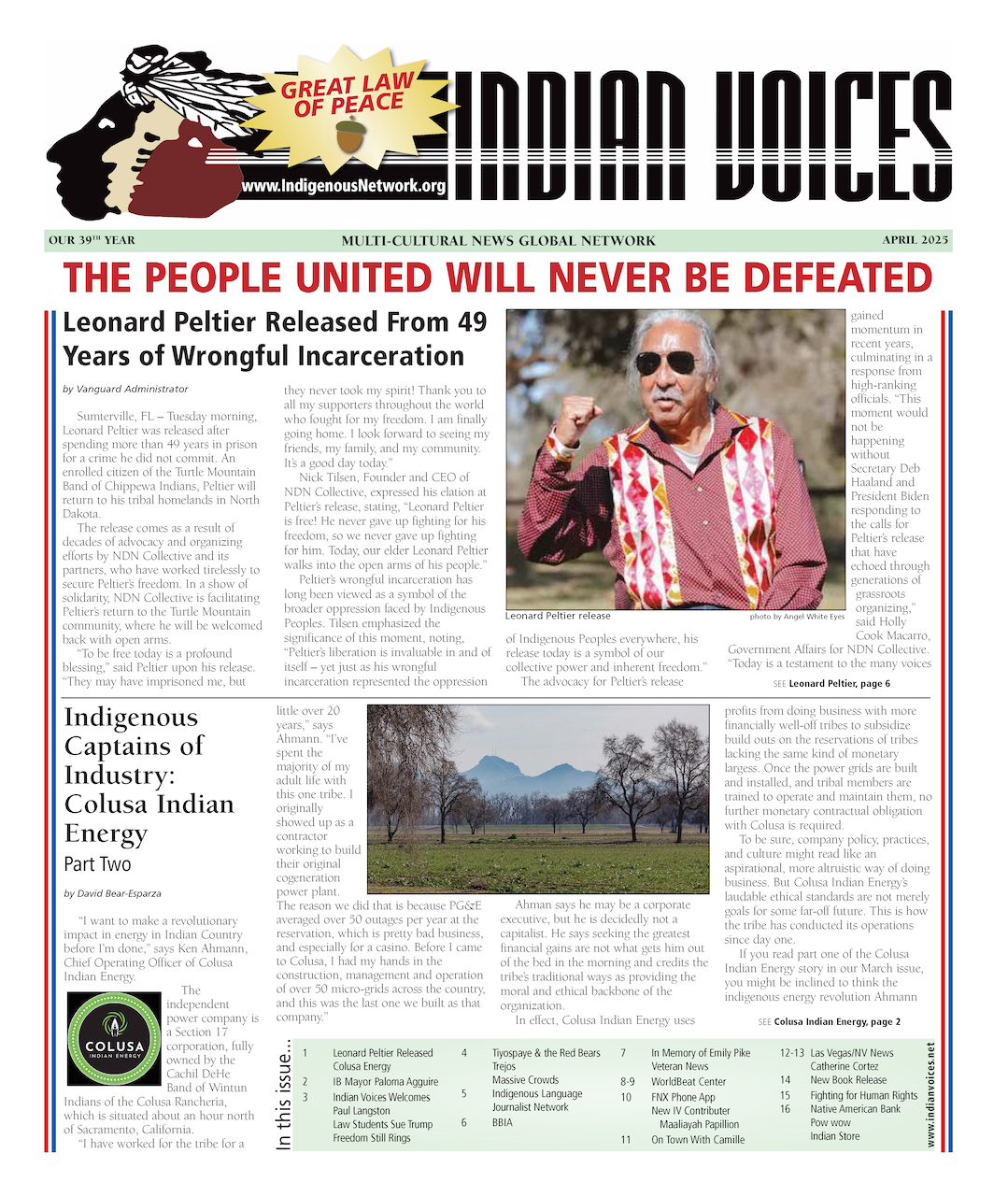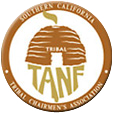Tribal Land Foreclosures
Learn about foreclosures of homes on Native American land.
A mortgaged home located on tribal land is subject to foreclosure if you fall behind on your monthly payments, just like other types of real property. Native American tribes are sovereign governments and most have their own laws, including foreclosure ordinances. Read on to learn more about tribal land in general and how the foreclosure process works if you default on a mortgage that encumbers tribal land.
Understanding Types of Native American Land
To fully understand tribal land foreclosures and how they work, you must understand the basic terms involved and how Native American land is generally categorized. There are two main classifications of Native American land: trust land and restricted fee simple land.
Trust Land
With trust land, the title to the property is held in trust by the U.S. government. This category can be further broken down depending on whether the land has been designated for an individual or a tribe.
Individual trust land. The federal government holds legal title to the land, but the beneficial interest goes to the individual Native American.
Tribal trust land. The federal government holds legal title to the property, but the beneficial interest goes to the tribe.
Restricted Fee Simple Land
Restricted fee simple land, on the other hand, is land where an individual Native American or tribe holds title to the property. The property is not held in trust. This type of land is restricted in that it can only be alienated (transferred or sold) or encumbered (for example, mortgaged) by the owner with the approval of the Secretary of the Interior.
This category can also be further broken down depending on whether the land has been designated for an individual or a tribe.
Individual restricted fee simple land. An individual Native American holds legal title to the property, but there are legal restrictions against alienation or encumbering the property.
Tribal restricted fee simple land. The tribe holds legal title to the property, but there are legal restrictions against alienation or encumbrance.
A Note About Fee Simple Land
Fee simple land is land that is held clear of any condition or restriction, and where the owner has the unconditional power to dispose of the property. (Fee simple ownership is the way most properties in the U.S. are held.) Unrestricted fee simple land may also exist within the boundaries of a Native American reservation, but this article focuses on trust properties and restricted fee simple land.
Mortgages on Native American Land
Generally, banks secure mortgage loans on Native American land with:
- a security interest in the real property, or
- a security interest in a leasehold.
Whether the mortgage will encumber the property itself or a leasehold interest usually depends on if an individual or the tribe holds the property.
Property Held by an Individual: Trust Lands and Restricted Fee Simple Lands
Real property that the federal government maintains in trust or that is in restricted fee status for individual tribe members can be mortgaged with the approval of the Secretary of the Interior.
Property Held by the Tribe: Trust Lands and Restricted Fee Simple Lands
If the land is tribal trust land or tribal restricted fee land, mortgaged property is typically set up as a leasehold estate. To mortgage a leasehold, the individual tribal government must first approve a residential lease agreement and the lease must be executed by the tribe (the lessor) and borrower (the lessee) and approved by the Secretary of the Interior.
In this set up, the lender holds a security interest in the leasehold, not the property. Therefore, it is this lease, and not the land itself, that the lender can seize if the borrower defaults on the loan. The title to the property remains in trust for the tribe.
Foreclosure Procedures for Tribal Land
As a general rule, state courts do not have subject matter jurisdiction over lawsuits brought by non-Native Americans since Native American tribes are sovereign nations. However, when it comes to a defaulted mortgage loan, the foreclosure will be processed through the legal system that has jurisdiction over mortgage loans, which may include tribal or state court.
Foreclosure of Trust Properties
Due to specific jurisdictional limitations on trust properties, most foreclosures of trust property (whether tribal or individual) will be completed in tribal court, unless the particular tribal code grants state jurisdiction. (Many tribal codes dictate how creditors can repossess collateral or otherwise obtain relief if a borrower should default on a loan.)
Though the foreclosure will likely take place in tribal court, that court will often utilize state foreclosure statutes. (Many tribes adopt and incorporate by reference the applicable state statutes.) However, the forum, hearings, and procedures can be quite different from state court. For example, in Navajo lands, the trial courts must explain the rights, charges, and the factual basis for charges in the Navajo and English languages.
Foreclosure of Restricted Fee Properties
The foreclosure of restricted fee properties may take place in tribal court or the state court in the county where the property is located. If no tribal foreclosure law exists or the tribal court chooses not to exercise jurisdiction over foreclosures, the foreclosure will typically be completed in state court in accordance with the laws of that state. (You can find foreclosure laws for each of the 50 states here.) The loan documents may also confer jurisdiction to the applicable state courts.






